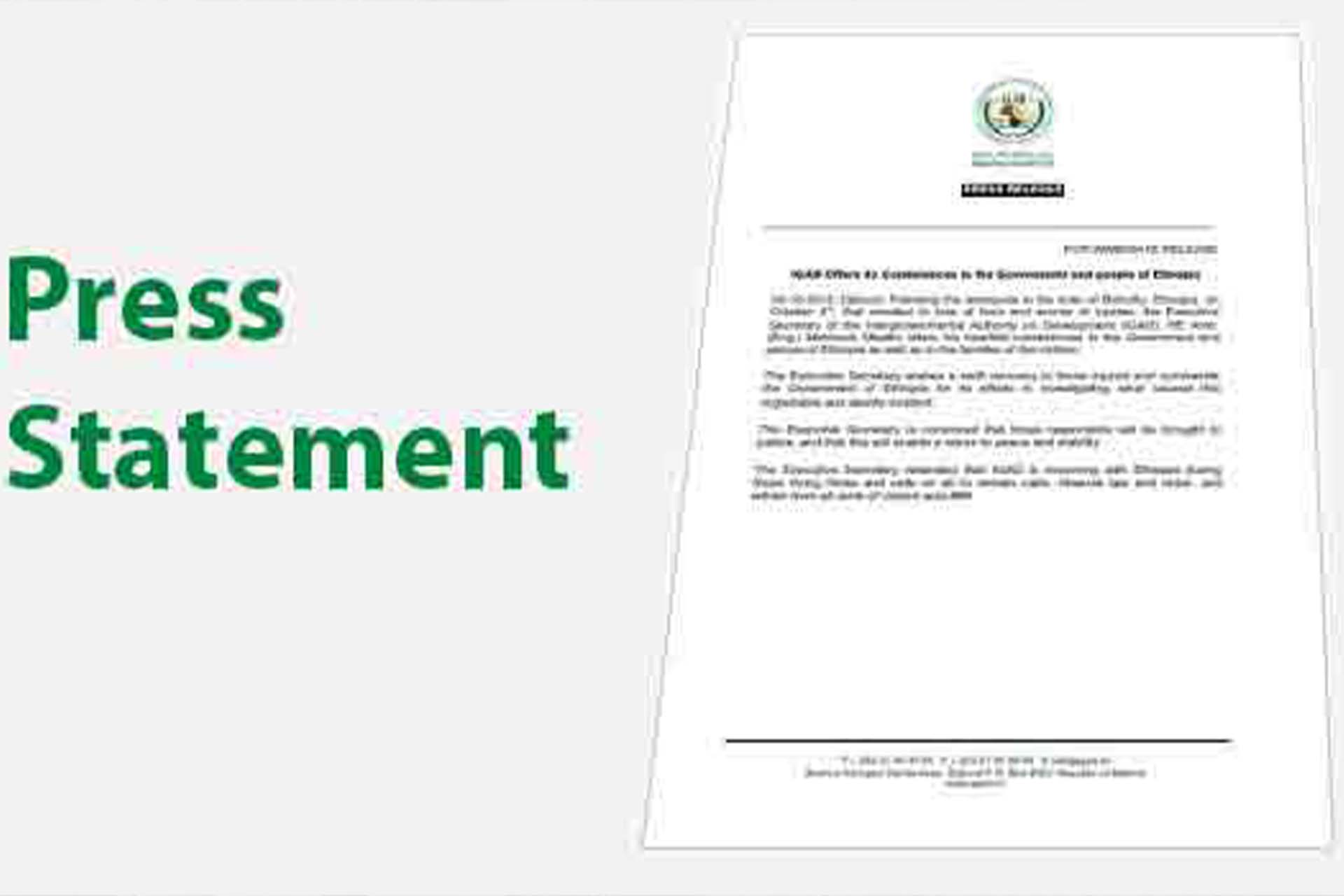South Sudan is still grappling with the response and rehabilitation works for an approximately 980,000 flood-disaster victims from the flood events of 2019. Furthermore, the control measures needed to stop the spread of the COVID-19 pandemic have placed enormous pressure on the economy of South Sudan especially on the livelihoods of the vulnerable population.
While the country is struggling to respond to the above disasters, flooding has hit many parts of the country compounded by the overflow of the White Nile River and tributaries. About 600,000 people are affected by the current flood disaster and the number might increase due to the expected heavy rainfall in South Sudan and upstream neighboring countries. Currently, the much-affected States are Jonglei, Upper Nile, and Warrap States. This situation is also, exacerbated by the increasing scale and severity of acute food insecurity present in the country due to the ongoing lean season and by the protracted inter-communal the violence that has been going on for months in some parts of the country most of which are now declared as emergency zones due to conflict and the flood-disaster.
The Government of the Republic of South Sudan has declared a state of emergency in the affected States due to “the Dire Humanitarian Situation on the Ground”. Taking into account the seriousness and the magnitude of the impacts of the flood disaster, the international community is called upon to respond quickly.
The immediate humanitarian priority needs include shelter (tents), food items, medicines (for human and livestock), and boats or canoes to reach the affected people.
Given the extent of the impacts of the floods and limitations of the economic capacity of the Government of South Sudan. I, therefore, on behalf of IGAD appeal to the partner Governments, humanitarian agencies, international and regional organizations to respond positively and expeditiously to the declaration of disaster made by the Government of the Republic of South Sudan.

I felt like this was written just for me. Stream ptv live tv — schedules and scores. works on mobile and desktop. expert commentary, post‑match shows. low‑latency playback.